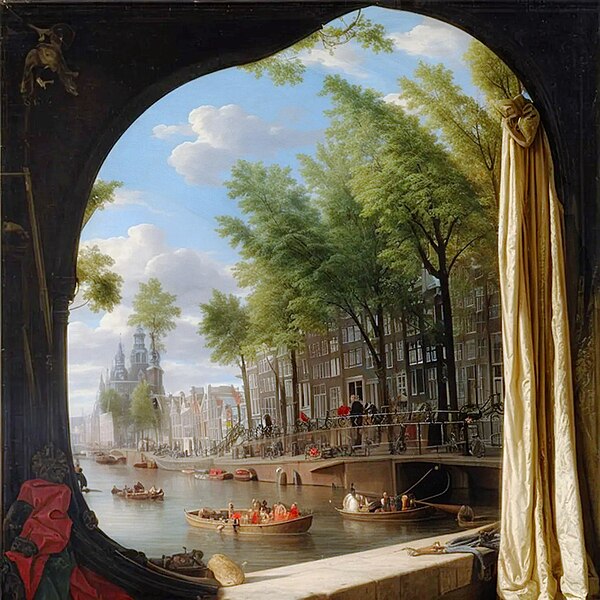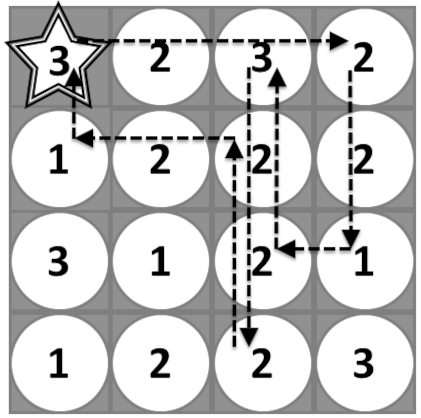Sydney Smith said that Henry Luttrell’s idea of heaven was eating pâté de foie gras to the sound of trumpets.
“My idea of paradise is a perfect automobile going thirty miles an hour on a smooth road to a twelfth-century cathedral.” — Henry Adams
“Perhaps in the next eggzi stens you and I and My lady may be able to sit for placid hours under a lotus tree a eating of ice creams and pelican pie with our feet in a hazure coloured stream and with the birds and beasts of Paradise a sporting around us.” — Edward Lear, letter to Chichester Fortescue, Aug. 16, 1869
“He [Boni de Castellane] once stated that his idea of heaven on earth was to live in a palace whose furnishings and decor would be in a continual state of change and replacement, while outside in formal gardens would be rare fountains and ancient statues, also being constantly moved about.” — Cornelia Otis Skinner, Elegant Wits and Grand Horizontals, 1962
“Many years before, it is true, on a visit to the poet laureate, Alfred Austin, as they sat with others on the lawn in the afternoon, it was suggested that each person should tell his idea of heaven: ‘Austin’s idea was to sit … in a garden, and while he sat to receive constant telegrams announcing alternately a British victory by sea and a British victory by land’; ‘mine’, said Blunt, ‘was to be laid out to sleep in a garden, with running water near, and so to sleep for a hundred thousand years, then to be woke by a bird singing, and to call out to the person one loved best, “Are you there?” and for her to answer, “Yes, are you?” and so turn round and go to sleep again for another hundred thousand years’.” — Edith Finch, Wilfrid Scawen Blunt, 1938
See Writers’ Fancies.







